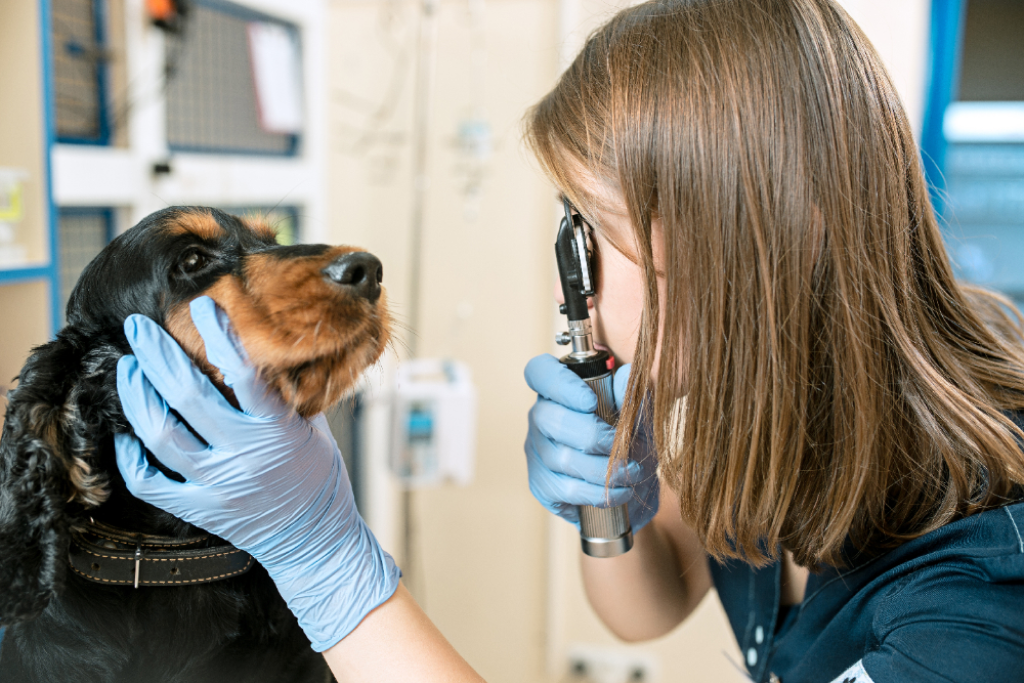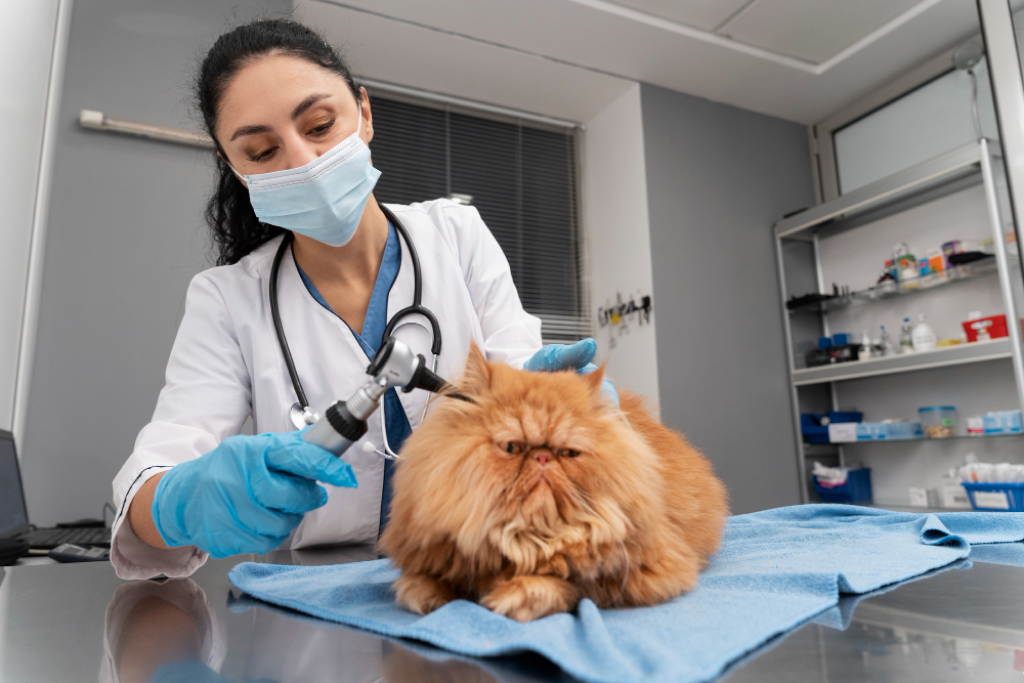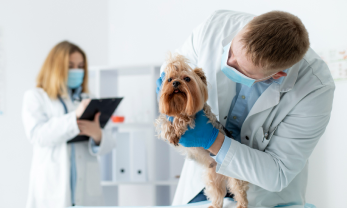Cat Microchipping Law
The recent introduction of mandatory microchipping for all domestic cats in England by June 10th, 2024, signifies a significant advancement in responsible pet ownership. While some may view this as a bureaucratic hurdle, the implementation of this legislation underscores the paramount importance of feline identification and paves the way for a more streamlined and efficient lost and found system for our cherished companions.
Cats love adventures
For centuries, cats have held a revered position in human society. Their independent spirit, unwavering loyalty, and undeniable charm have secured their place as treasured members of our families. However, this very independence can sometimes lead to unintended consequences. Unlike their canine counterparts, cats possess an uncanny ability to navigate seemingly impassable barriers and embark on unexpected excursions.
This inherent wanderlust, while endearing, can also bring a source of worry for their owners.
In the past, reuniting lost cats with their owners was often a tedious and emotionally fraught process. Flyers on lampposts, posts and appeals on social media, or countless hours spent scouring neighbourhoods – these were the hallmarks of a lost pet ordeal. The introduction of microchipping technology has revolutionised this process, offering a permanent and reliable solution for feline identification.
A microchip, no larger than a grain of rice, is implanted subcutaneously between a cat’s shoulder blades. This minuscule device contains a unique identification code that can be scanned by a veterinarian or animal shelter using a handheld reader. Upon detection, the code is linked to a national database containing the owner’s contact information. This seemingly simple technology has demonstrably enhanced the efficiency of lost pet recovery.
Under the new law, all keepers must ensure their pet is microchipped before they reach the age of 20 weeks and their contact details stored and kept up to date in a pet microchipping database. Owners found not to have microchipped their cat will have 21 days to have one implanted, or may face a fine of up to £500.
The Benefits of Cat Microchipping:
The benefits of microchipping extend far beyond simply reuniting lost cats with their owners. In emergency situations, a microchip can play a pivotal role in ensuring a pet receives the prompt medical attention it requires. Imagine a scenario where an unaccompanied cat is involved in a traffic accident and brought to a veterinary clinic. A microchip allows veterinary professionals to swiftly identify the owner and initiate contact, expediting the treatment process and potentially saving the cat’s life.
Furthermore, microchipping can provide valuable insights into feline demographics and migration patterns. This data can be instrumental in informing public policy decisions related to animal welfare, stray cat control programs, and targeted vaccination initiatives.
It is important to dispel any misconceptions surrounding microchipping. This procedure is swift, minimally invasive, and routinely performed here at Knutsford Veterinary Surgery, it can be done during a regular consultation for £16.39, or a specific appointment for the procedure at £36. The cost associated with microchipping is negligible compared to the emotional and financial toll of a lost pet.
The new law making microchipping of domestic cats represents a significant leap forward in responsible pet ownership. This legislation not only safeguards the well-being of our feline companions but also fosters a more robust and efficient lost and found system. By embracing microchipping, we can ensure that our cats, these cherished members of our families, are always just a scan away from a safe return home.
You can book an appointment for microchipping please via our online portal and as always you can contact us with any questions you may have related to this.









